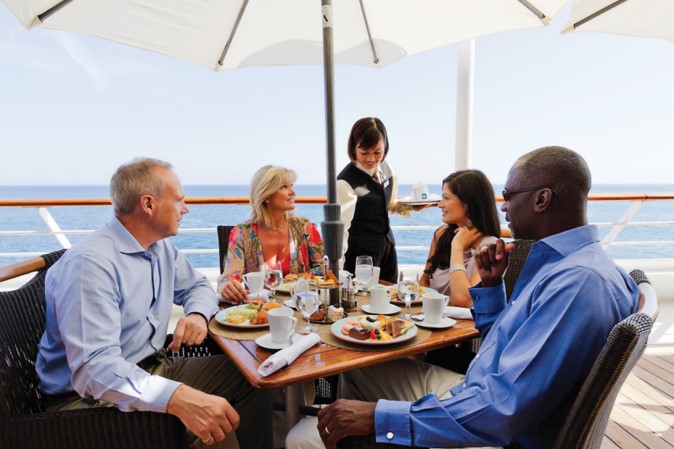Why Use a Travel Agent?
I want to address some common questions that I get from friends and clients regarding my services:
COULD I BOOK THE SAME TRIP ON MY OWN?
Sure you could.. but you are not getting a personalized experience. People use travel agents because of the overwhelming amount of options to choose from on the internet or they simply don’t have the time to book a trip on their own. A major perk of being partnered wth American Express is that we only work with the TOP travel suppliers in the industry. It’s their sole job to vet out amazing destinations and properties around the world so you don’t have to.
IS IT MORE EXPENSIVE TO USE A TRAVEL AGENT?
Not necessarily. I get paid by the airlines/hotels & travel vendors that I use. Often times, vendors contract air and hotel rooms over a year in advance so I have access to discounted rates that are not published and that only agents have access to. Some travel agents charge a service fee, but generally I do not do this unless it is a special scenario. Also, if you find a deal on the internet that is cheaper, you can send it to me and I can price match 99% of the time IF it’s apples to apples.
WHY USE A TRAVEL AGENT?
* Offer value-added benefits, amenities, and a customized experience.
* Pledge to be your advocate before, during and after your trip. If something goes wrong, you don’t need to deal with the front desk associate at the hotel. You can just call me directly.
* Your one-stop shop for all your traveling needs.
* Secure the best value for you.
* Arrange transportation & excursions if needed.
* Provide knowledge on passport/visa requirements, trip protection, packing tips, recommendations for the best local restaurants, and so much more.
With that being said... let me help plan your next big trip!



